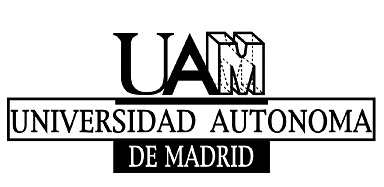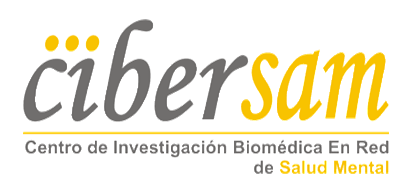


WP8. Well-being researchBackground Well-being reflects individuals’ perception and evaluation of their own lives in terms of their affective states, psychological and social functioning. From a health perspective, concept and measure of well-being goes beyond the concept of health considered as the mere presence or absence of illness or disability; it also incorporates the impact of positive health and functioning which has typically received little attention in health sciences. From both a policy and a health perspective, well-being is an important outcome in and of itself. However, despite the fact that measures of well-being could provide an important source of information for comparative effectiveness analyses of behavioural and biomedical interventions, they are currently lacking from most intervention trials. The field of well-being research lacks a consensus on important questions of measurement and cross-national comparability. It is needed to identify accurate means of measurement at both the individual and the population level; to identify barriers for incorporating well-being measures into intervention studies; to understand the mechanisms and pathways through which aspects of subjective well-being impact health outcomes, to identify modifiable factors in individuals or societies that might be potential targets for intervention. The main goal of a coordinated and integrated research roadmap for well-being in Europe is to identify ways of increasing our understanding of how health status or other relevant life circumstances impact the various components of subjective well-being. This will include an exploration of the relationship between well-being and specific mental disorders, requiring an interdisciplinary approach.Objectives
WP leader Prof. Jose Luis Ayuso
Postdoctoral researcher Dr. Marta Miret
Partners Activities organized by WP8 First scientific workshop to review the state-of-art in well-being research across Europe Second scientific workshop to review the state-of-art in well-being research across Europe The second scientific meeting of WP8 took place on the 7th of February, 2013, in Madrid. The workshop was hosted by Professor Ayuso. The main aim of the workshop was to merge information from the previous task (state-of-the-art in the area of mental health and well-being research) and to highlight research gaps and advances relevant to well-being research in Europe. Pictures and further information including the agenda of the meeting are available online. |
 |
|||||||||
|
||||||||||



 MORE INFORMATION
MORE INFORMATION
